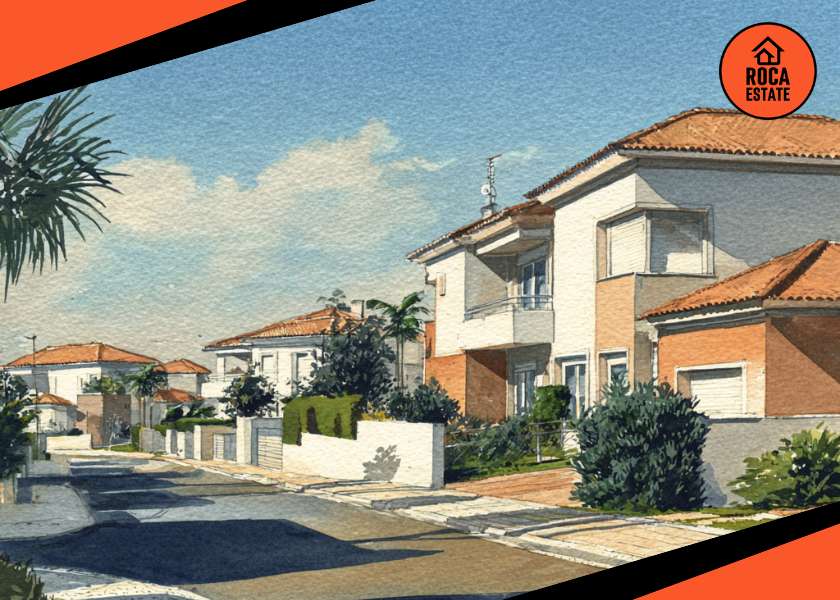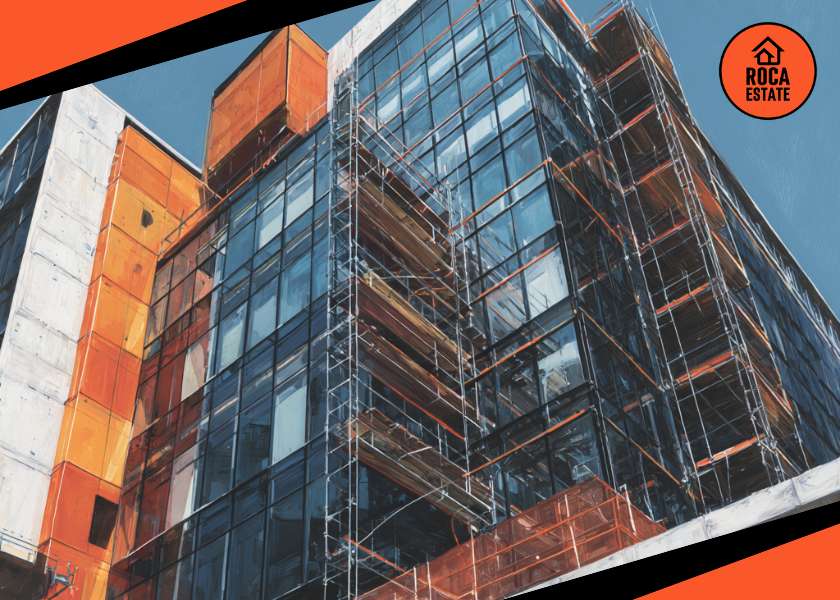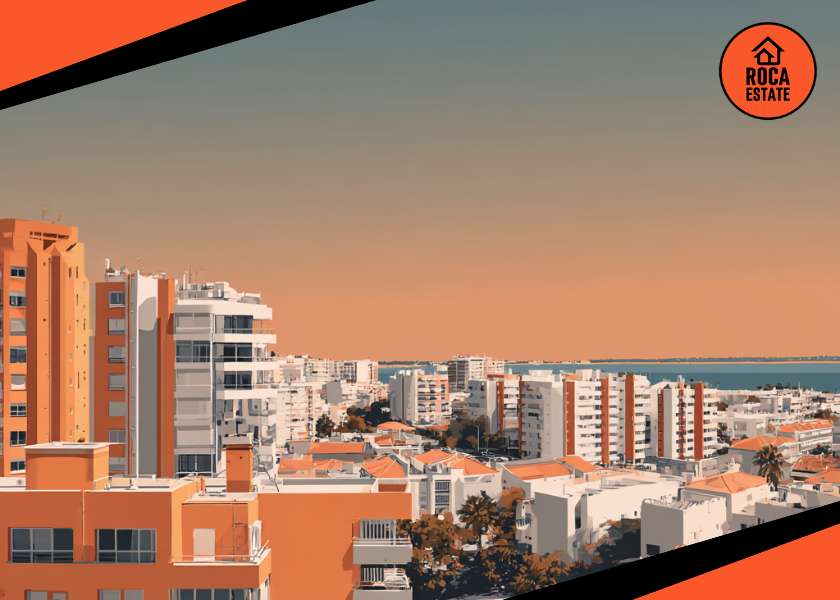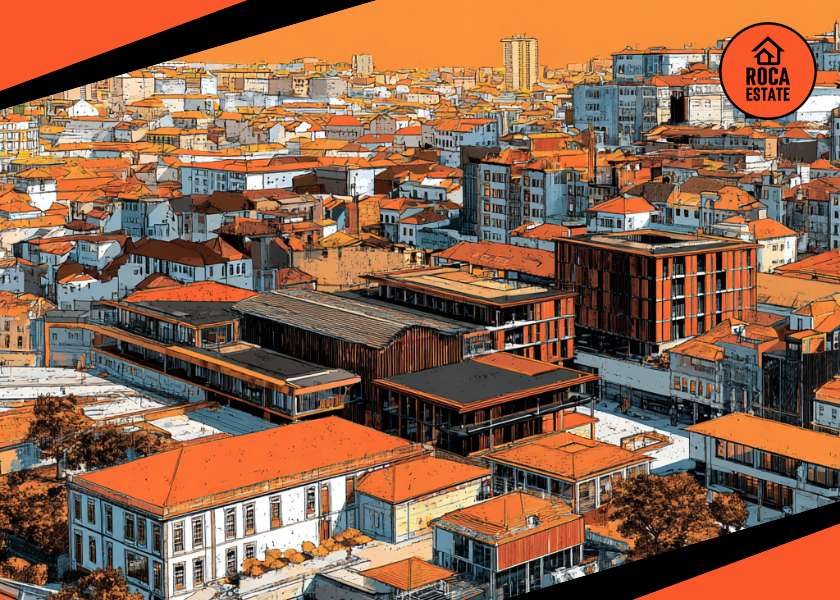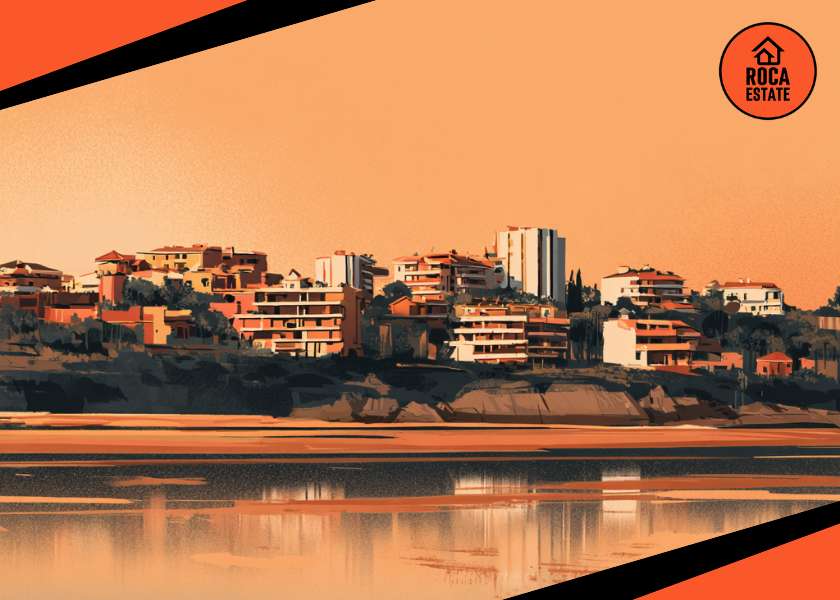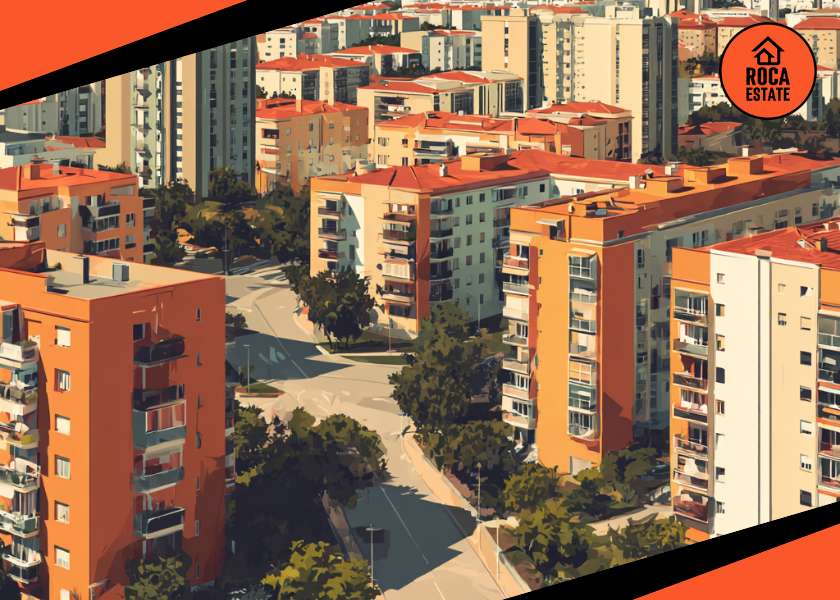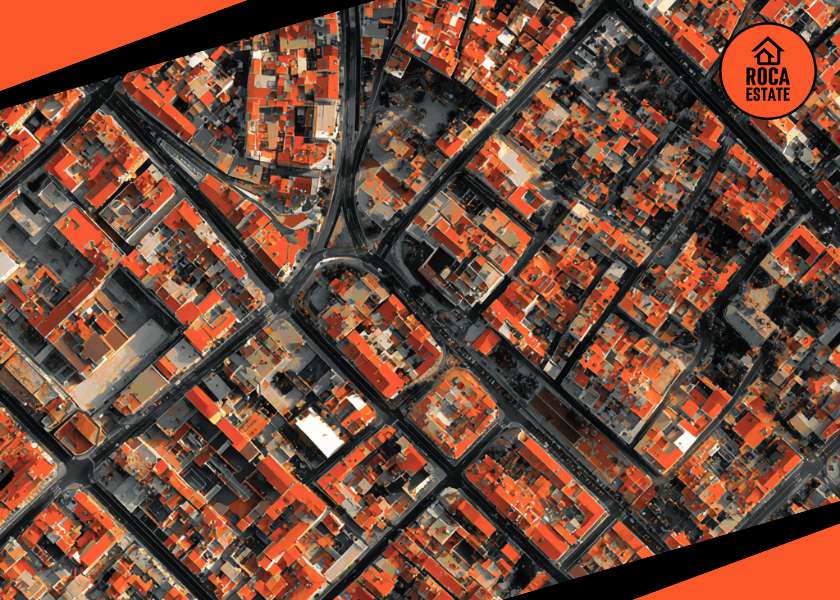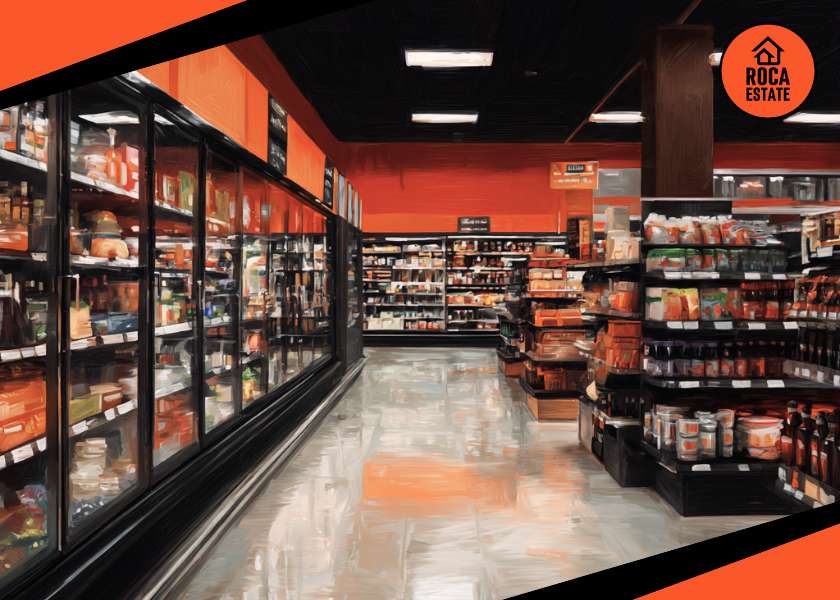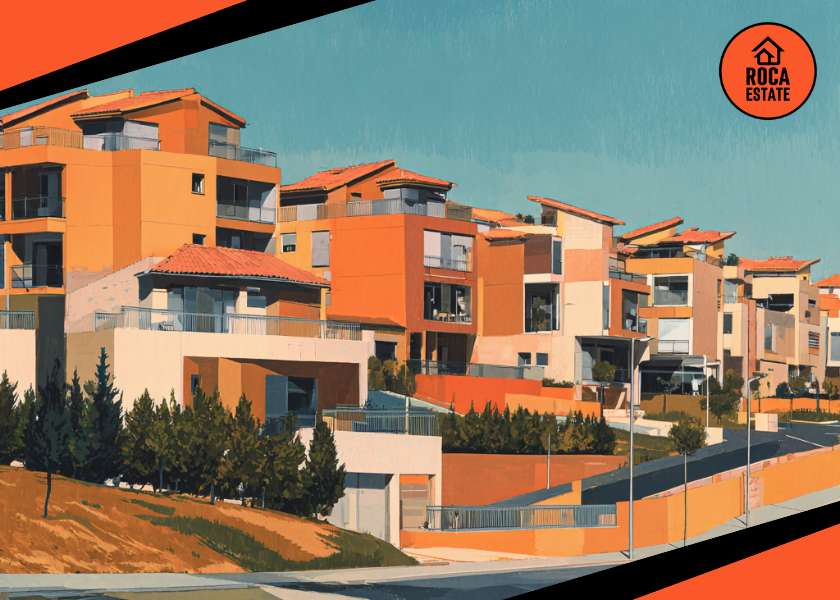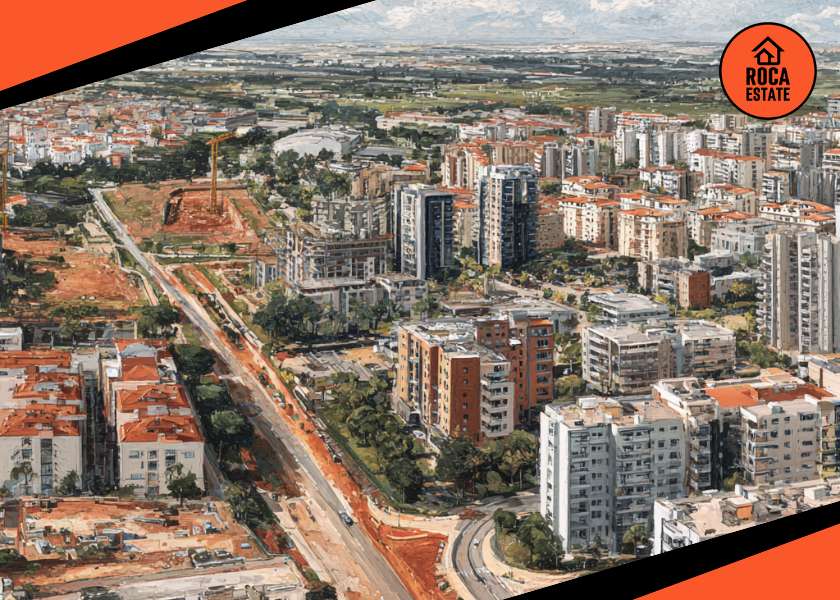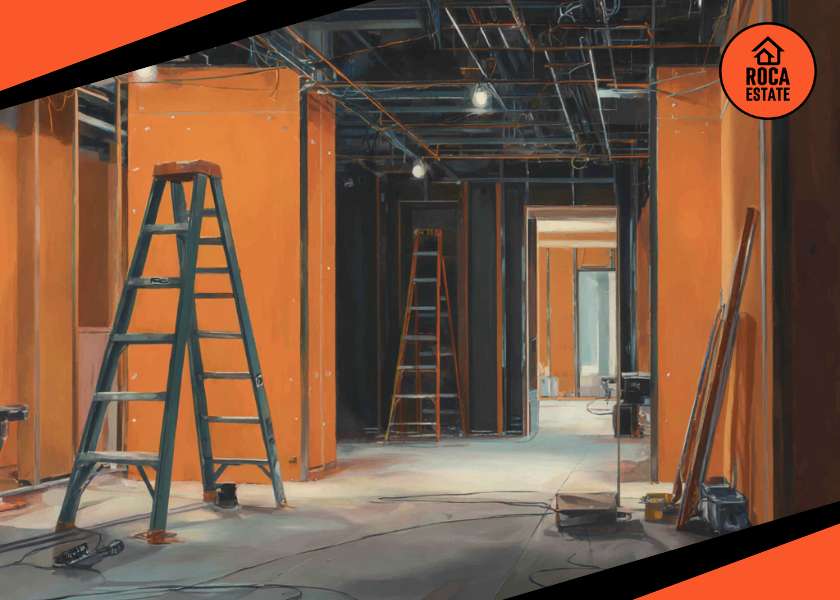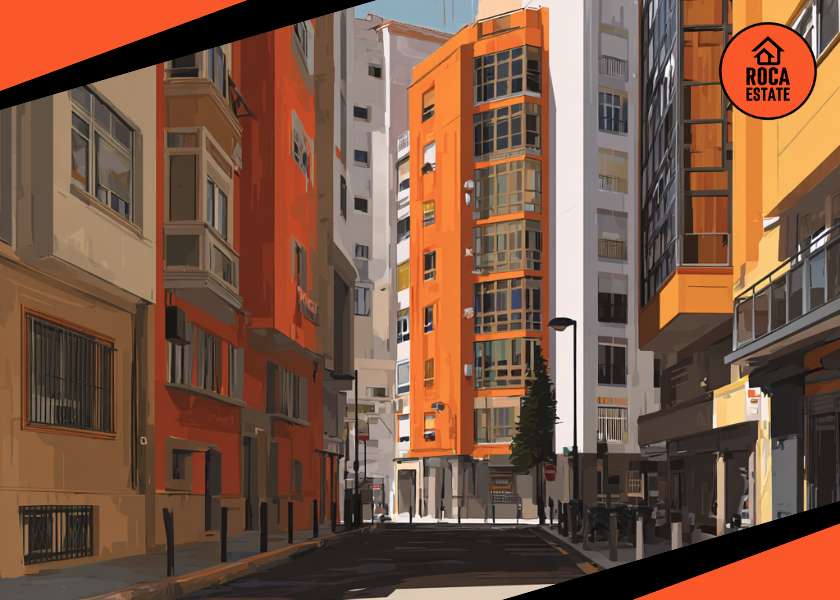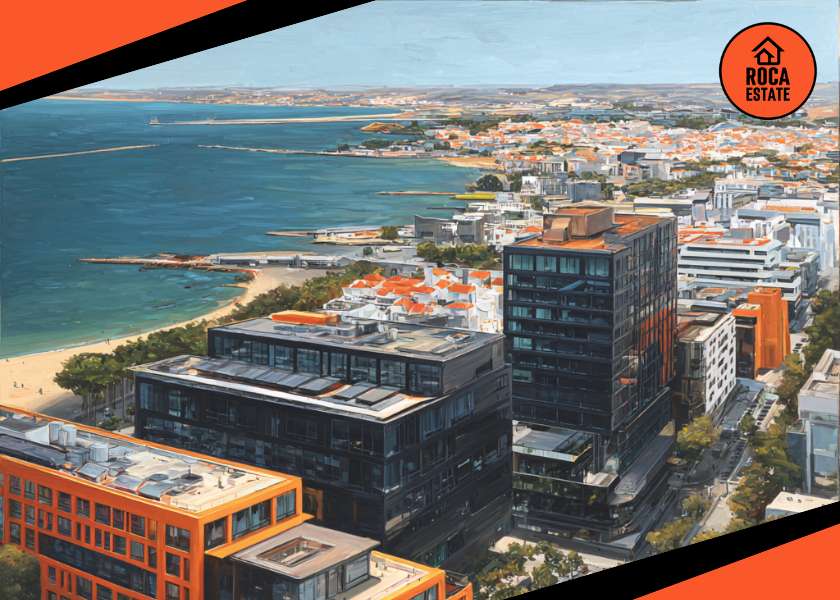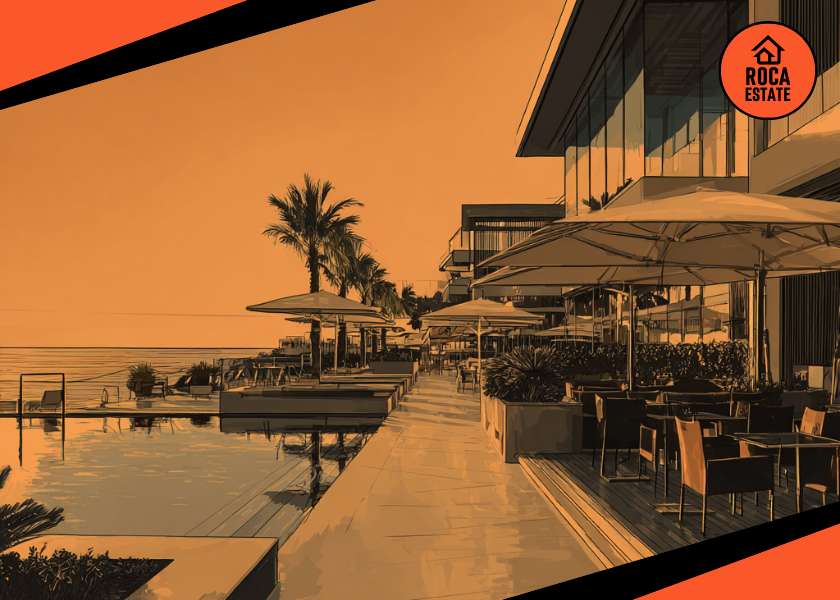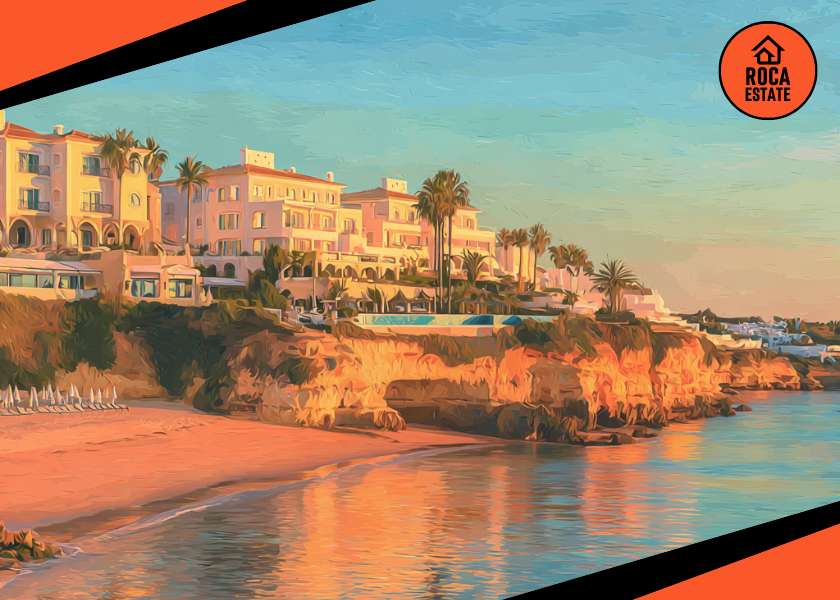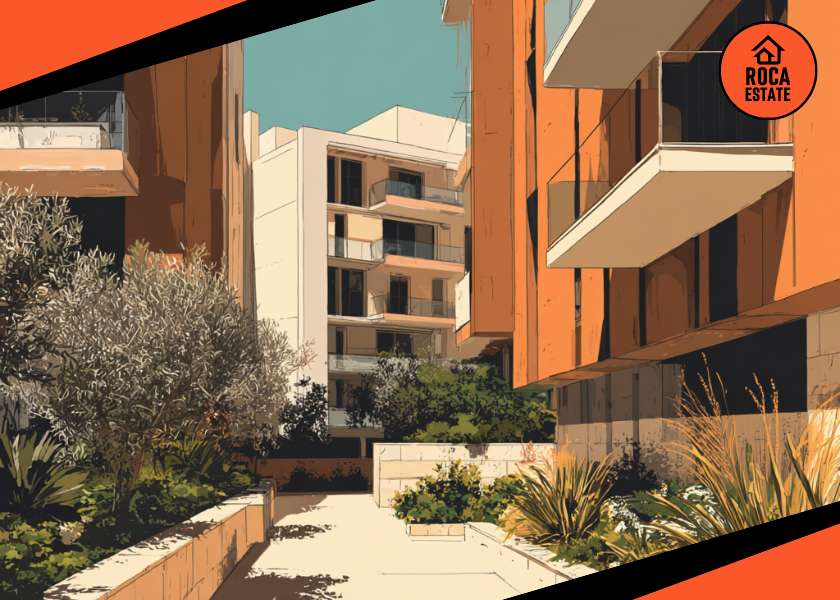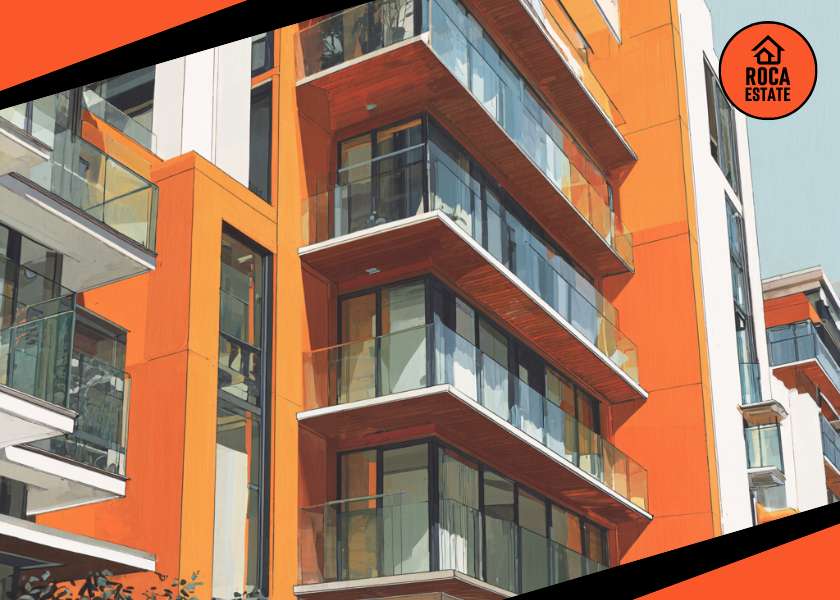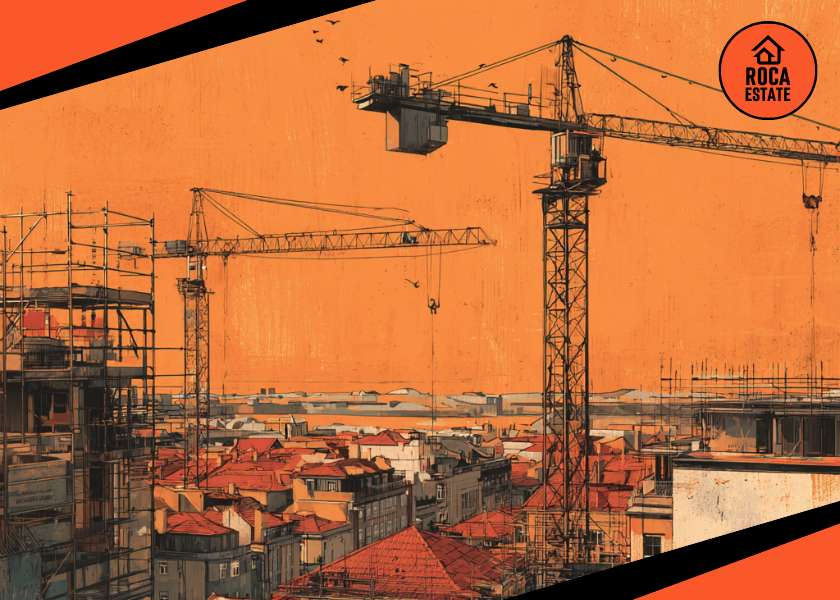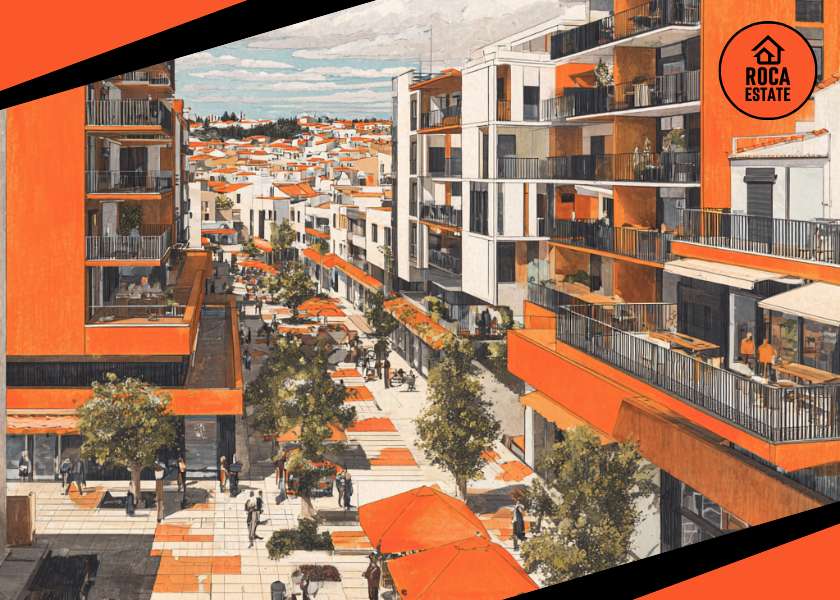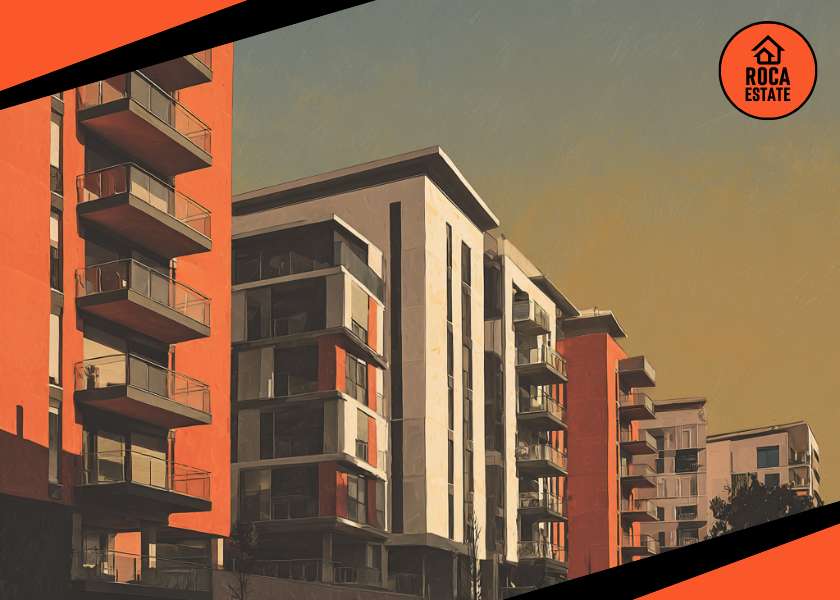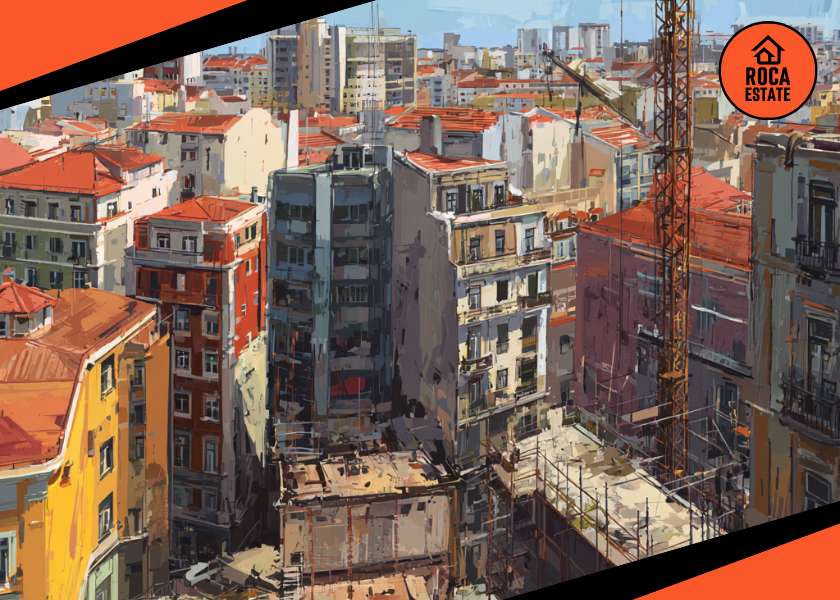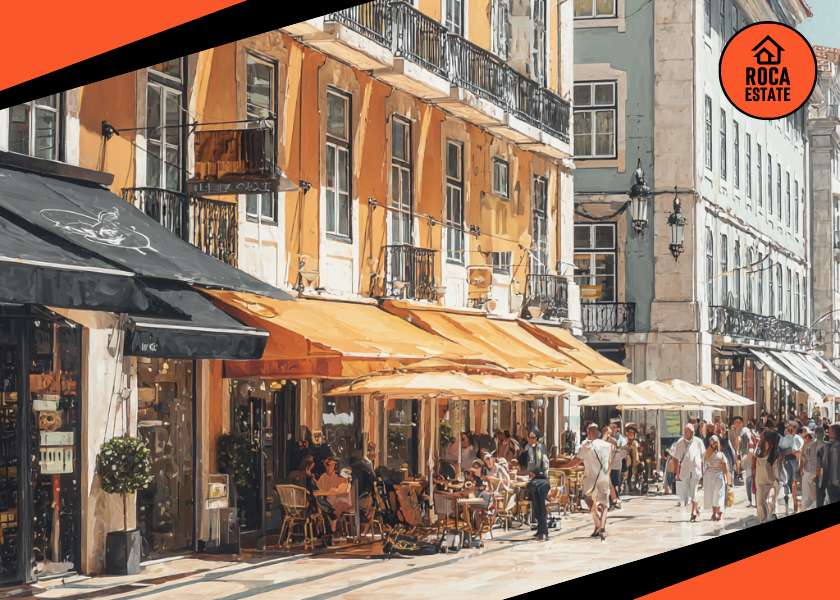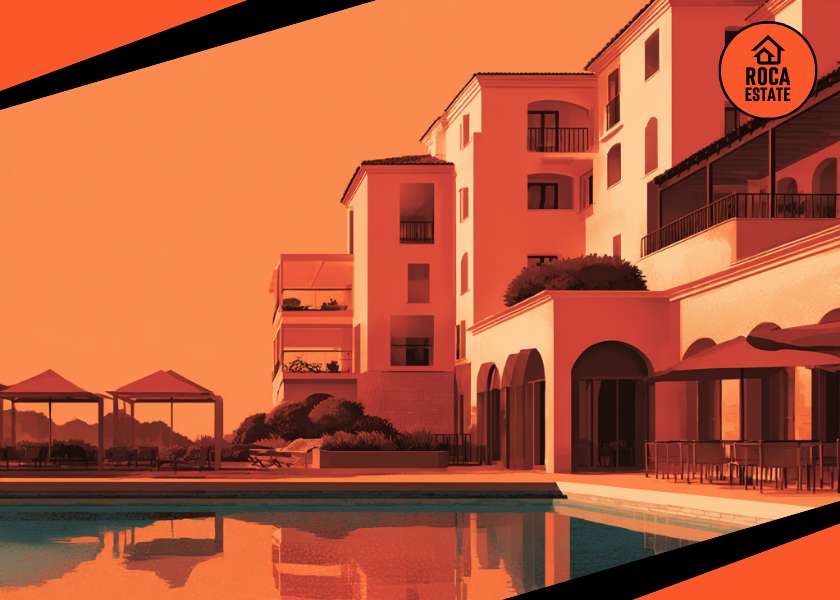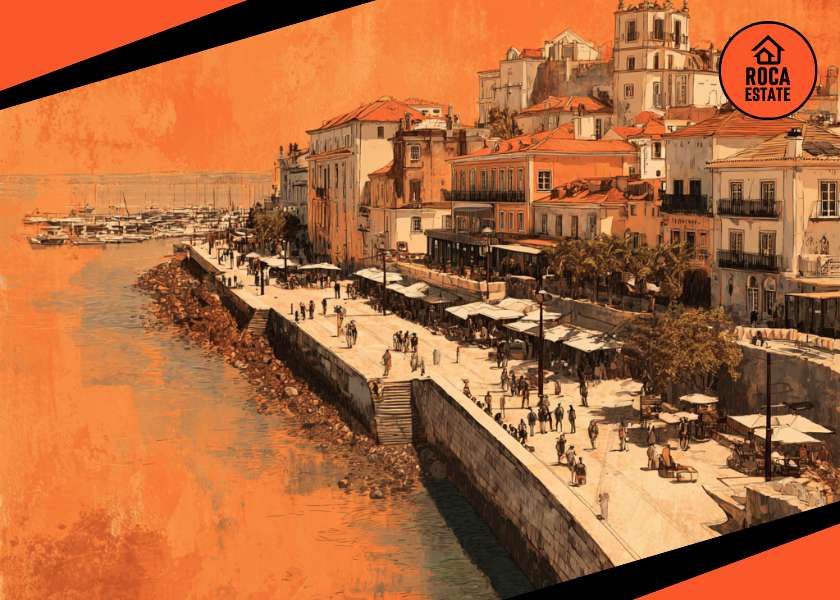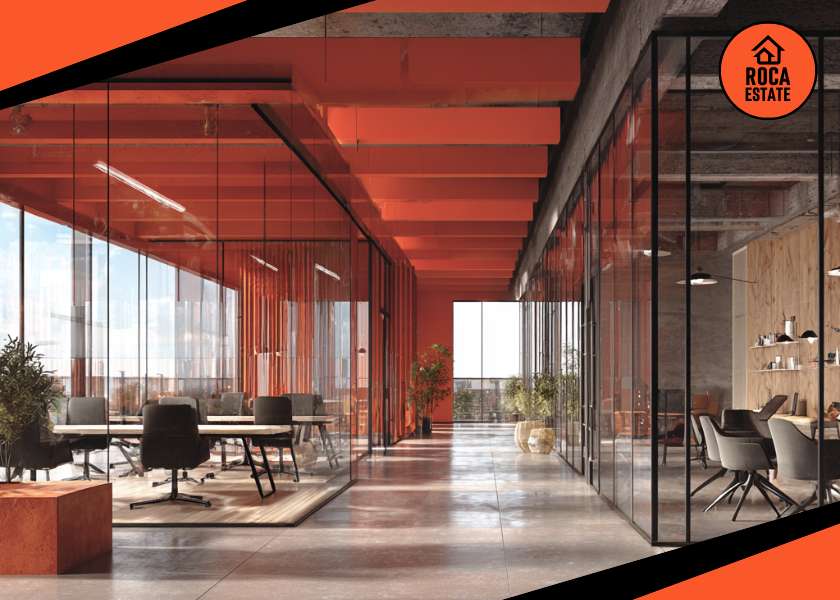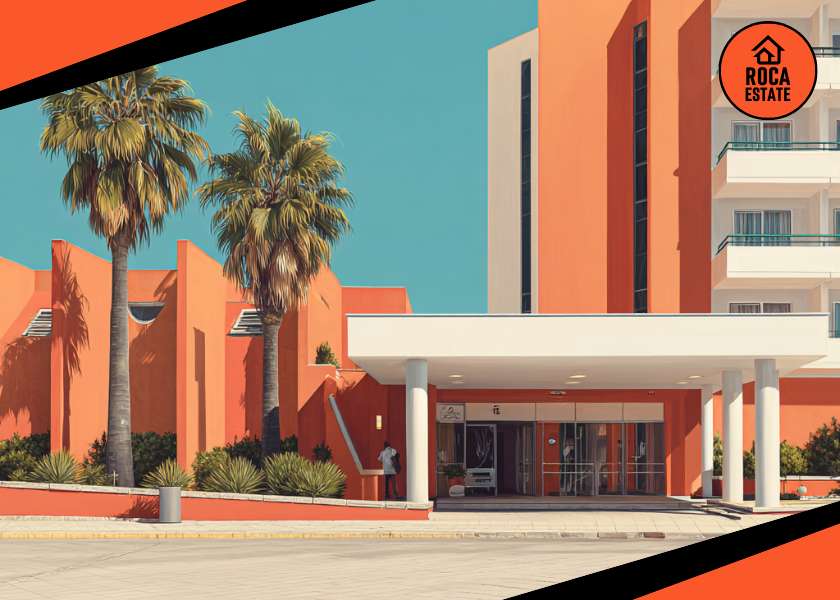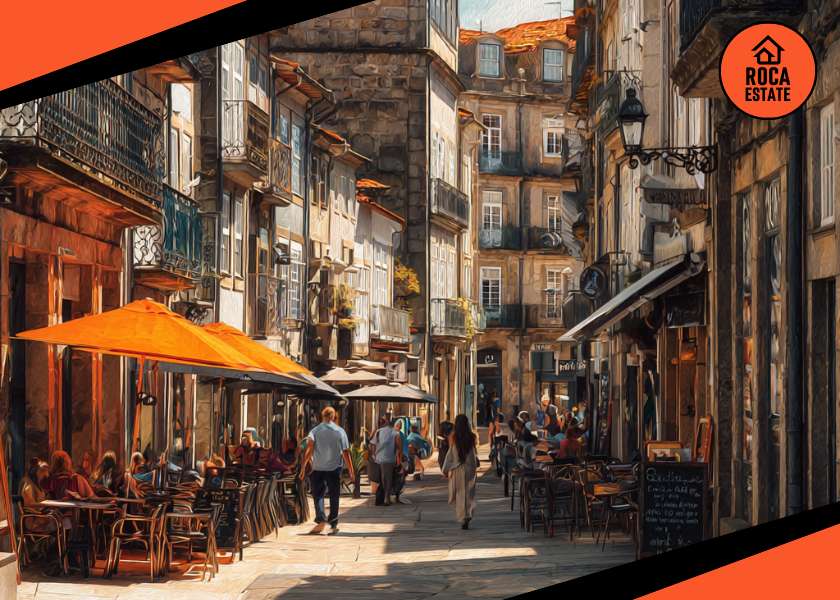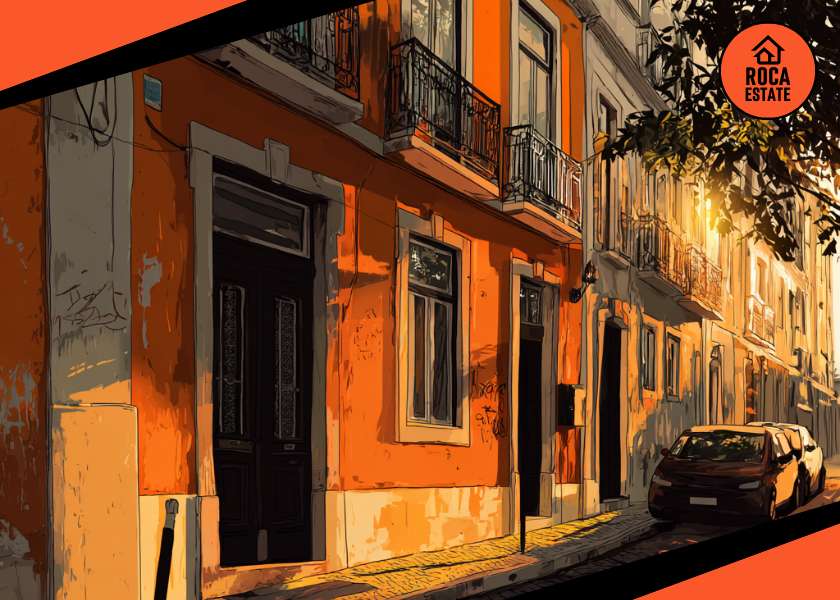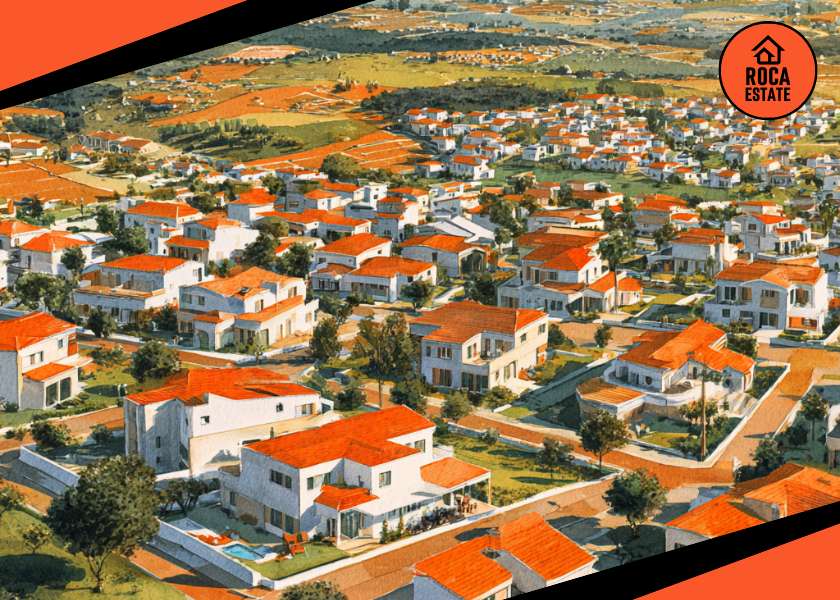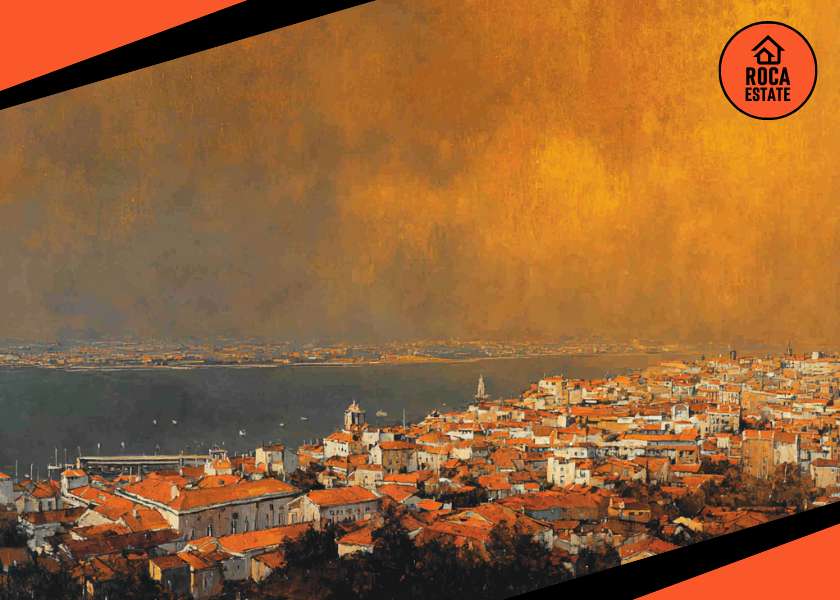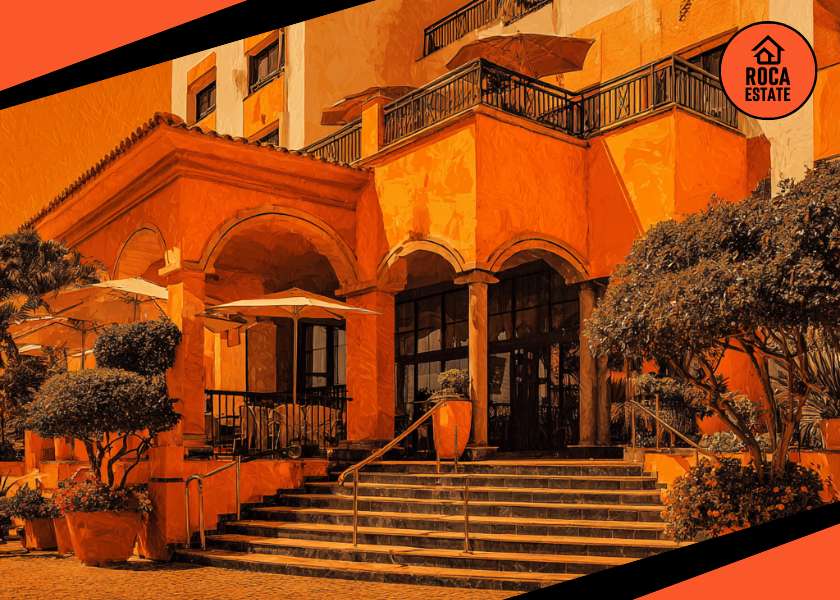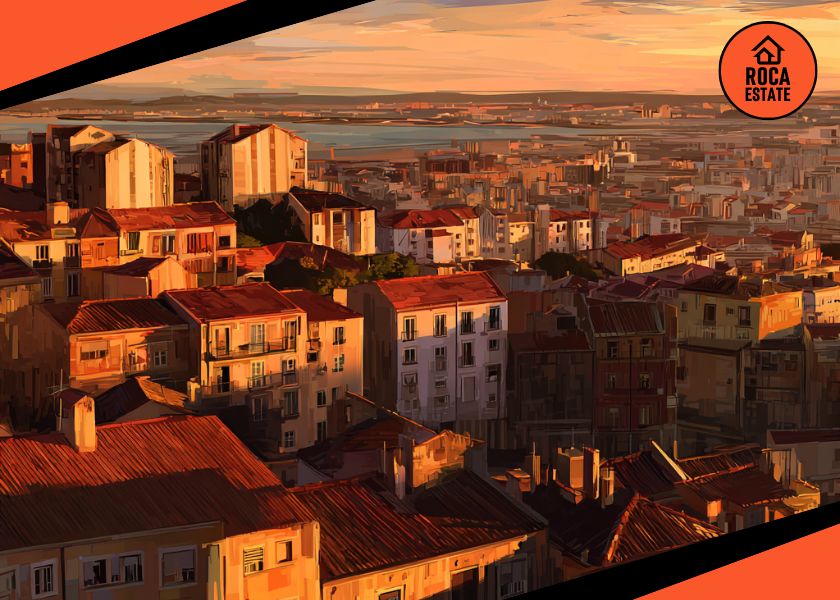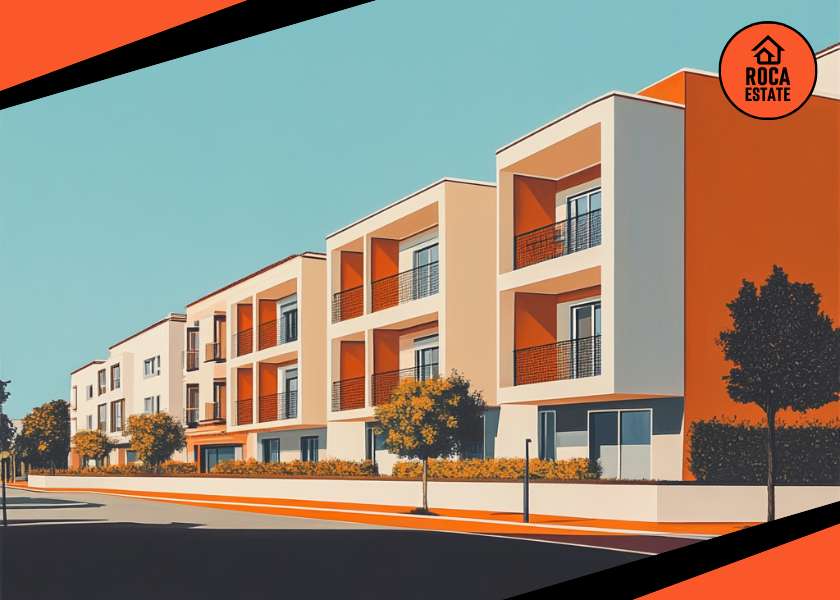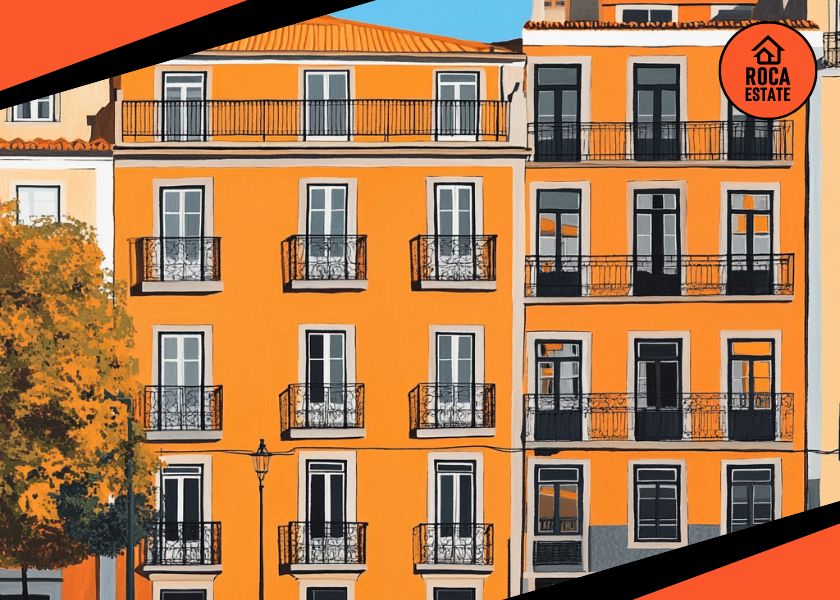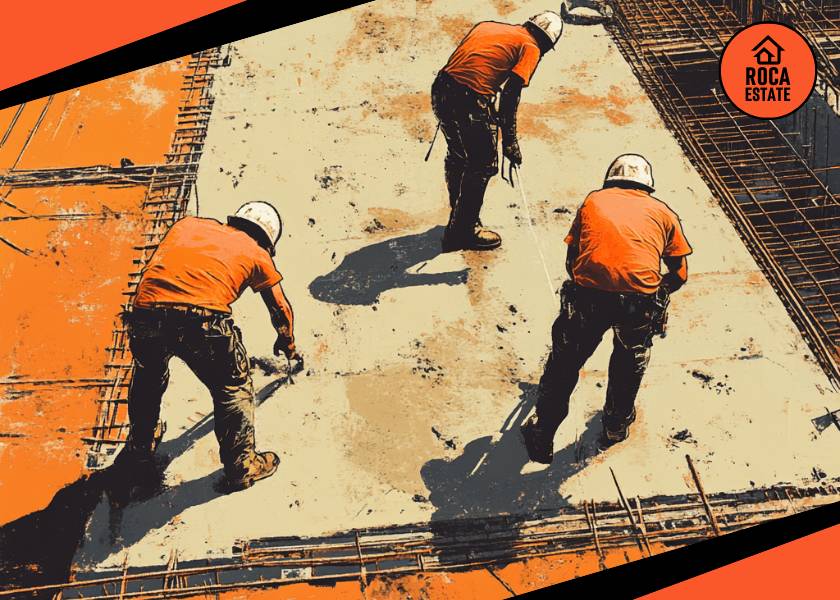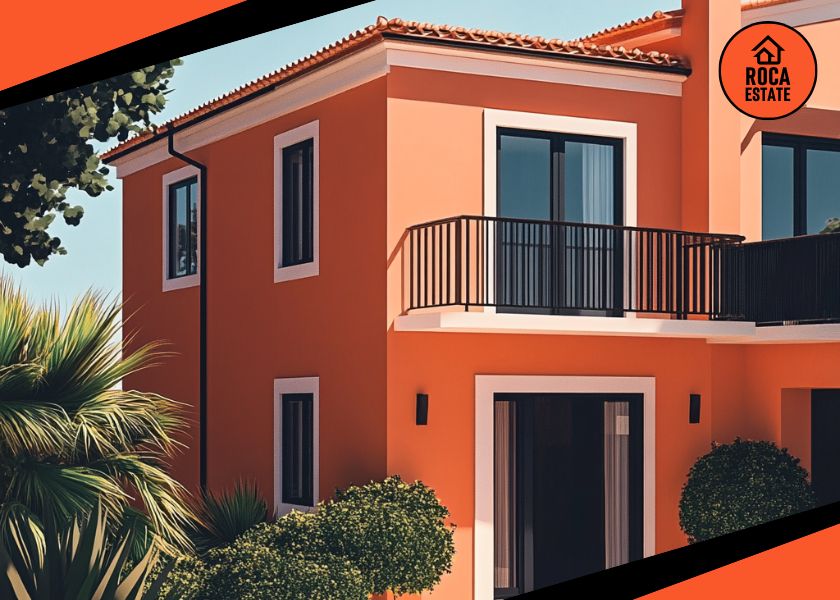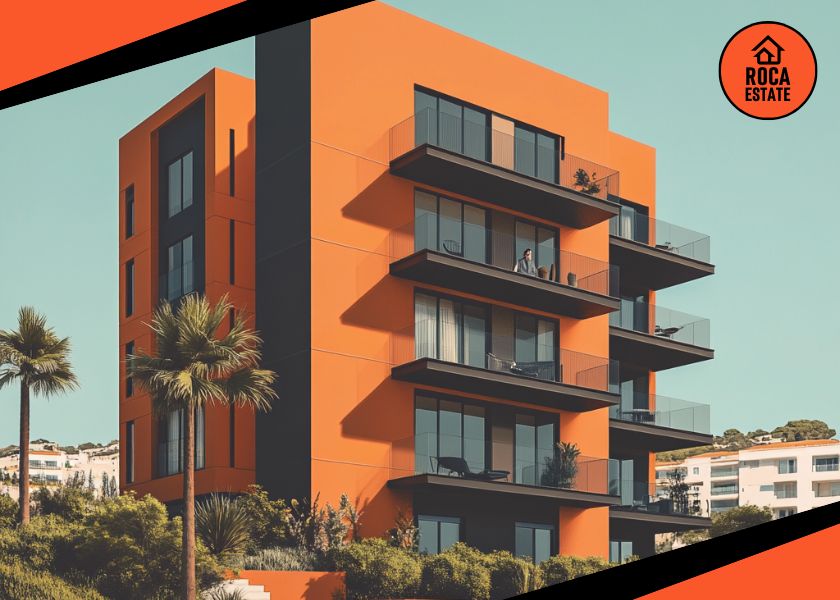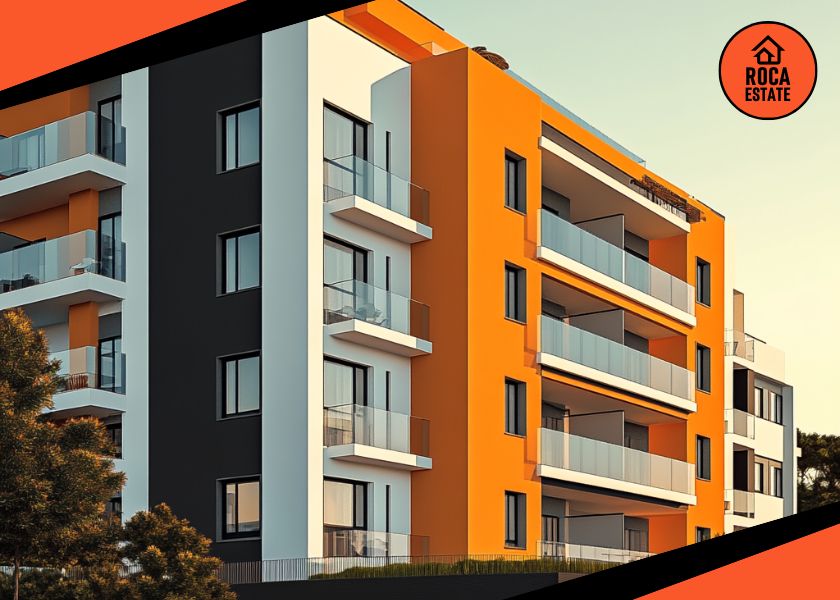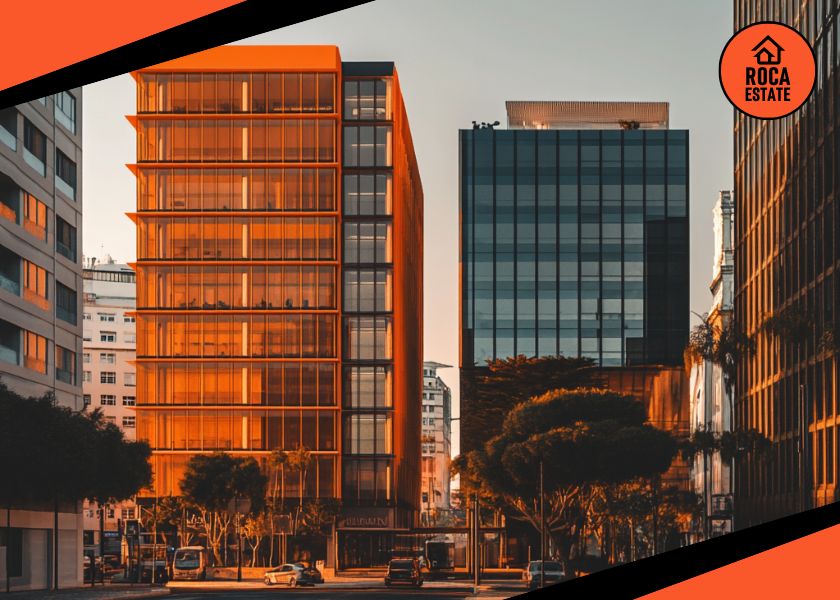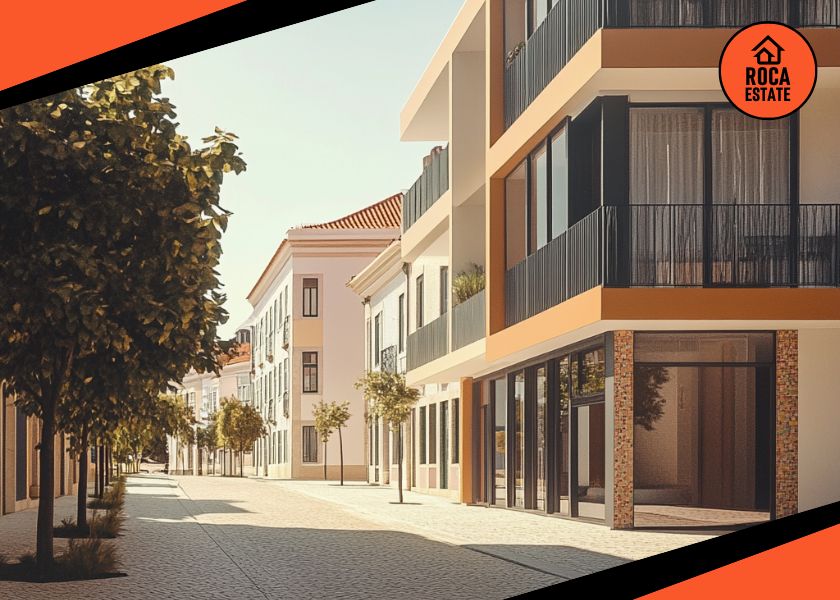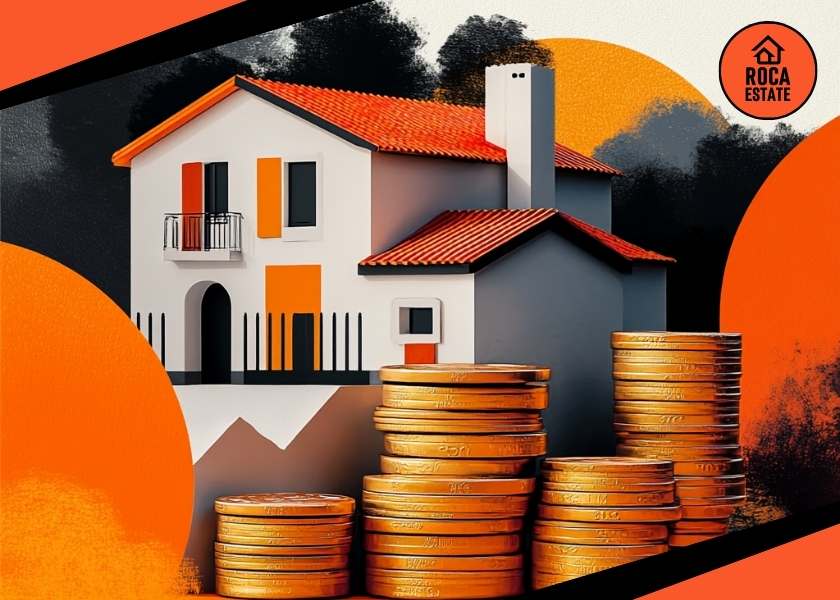Portugal’s commercial real estate (CRE) market has entered 2025 with renewed strength, signaling strong potential for institutional and private investors looking for stable, risk-managed opportunities. Backed by solid fundamentals, a strategic location within the eurozone, and rising demand in key sectors, the Portuguese CRE sector continues to offer compelling value.
Cushman & Wakefield reports that CRE investment volume in Q1 2025 reached €500 million, a 20% increase over the same period last year. Based on current momentum and pipeline transactions, total investment for the full year is projected to exceed €2.5 billion, reflecting a significant recovery from the muted activity observed during the tightening cycles of 2022–2023.
Roca Estate, with a focus on commercial real estate investment, is closely monitoring this upward trend to help investors deploy capital effectively and with confidence.
Market Fundamentals: What’s Driving the Growth?
Portugal’s CRE investment surge is grounded in a combination of favorable economic conditions and investor-friendly market dynamics. Lisbon remains the dominant investment hub, capturing approximately 65% of total investment activity. Porto follows as an emerging logistics and light industrial center.`
Three key factors are shaping the current momentum:
- Asset Scarcity in Prime Locations: Limited availability of premium commercial assets continues to support rental growth and value retention.
- Institutional Confidence: Strong inflows from international funds and pension managers underscore the credibility of the Portuguese market.
- Economic Resilience: Steady GDP growth, declining unemployment, and stable inflation contribute to a low-volatility investment environment.
These trends, coupled with Portugal’s consistent regulatory environment, make for an attractive landscape for long-term commercial investment.
Sector Analysis: Offices, Logistics, Retail, and Hospitality
Offices
The office segment continues to see healthy demand from occupiers, especially in Lisbon’s central business districts. Year-on-year, prime office rents have increased by 4%, driven by tight supply and the growing footprint of professional services and tech firms.
There’s also an increasing demand for ESG-compliant buildings. Tenants are prioritizing energy efficiency, certifications like BREEAM and LEED, and locations with access to public transport. This demand is pushing developers and landlords to upgrade existing assets to remain competitive.
Logistics
The logistics sector remains the standout performer. E-commerce penetration, just-in-time supply chain strategies, and nearshoring trends are pushing demand for modern distribution centers.
- Vacancy rates have dropped below 3% in most strategic hubs.
- Land values are increasing as developers compete for zoned plots.
- Lease terms are lengthening, reflecting strong tenant commitment and low turnover.
Retail
The retail segment is undergoing a cautious but steady rebound. Footfall and sales volumes are recovering, particularly in open-air and neighborhood retail formats. While high-street retail in Lisbon and Porto is seeing renewed interest from international brands, shopping centers are focusing on experiential upgrades and food and beverage diversification to maintain relevance.
Investors are increasingly targeting:
- Grocery-anchored retail parks with stable tenants and long lease terms.
- Assets in mixed-use developments that benefit from built-in foot traffic and urban regeneration trends.
Retail yields remain slightly higher than logistics and offices, offering opportunities for income-focused investors with selective strategies.
Hospitality
Portugal’s tourism sector, one of the country’s core economic pillars, has nearly returned to pre-pandemic levels. Lisbon, Porto, and the Algarve are registering high occupancy rates, supported by a strong calendar of events and consistent international travel demand.
Hospitality investment is focused primarily on:
- Boutique and lifestyle hotels in city centers.
- Redevelopment of historical buildings into hospitality assets.
- Branded residences and long-stay formats, which cater to evolving traveler preferences.
The key challenge in this segment is managing operational complexity. Investors are increasingly partnering with experienced operators to ensure stable returns and mitigate market volatility linked to seasonality and macroeconomic shifts.
Risk Management: What Investors Should Watch Closely
While current performance is encouraging, it’s essential to remain cautious and proactive in assessing risks.
- Interest Rate Environment: Although the European Central Bank has signaled a pause in rate hikes, financing conditions can still change quickly. Investors should stress-test financial models and maintain conservative leverage ratios.
- Regulatory Shifts: Portugal is generally a pro-investor jurisdiction, but changes in urban planning laws, ESG mandates, or taxation could impact project feasibility.
- Liquidity and Exit Strategy: While Lisbon and Porto offer active secondary markets, investors in secondary cities or niche asset types should account for longer hold periods and potentially less liquidity.
To preserve capital while capturing upside, investors should incorporate these risk factors into every investment analysis.
How to Position Your Capital in 2025
Success in Portugal’s CRE sector in 2025 depends on both strategic alignment and disciplined execution. Investors should approach the market with a clear focus on long-term fundamentals.
Rather than spreading capital thinly across multiple sub-markets, target high-demand, low-supply micro-locations where tenant needs are not being met. Office properties in Lisbon’s Amoreiras and Parque das Nações districts, logistics hubs in Azambuja and Vila Nova de Gaia, and high-visibility retail corridors in Chiado and Baixa-Chiado all present strategic advantages.
Additionally, investors seeking to diversify may find opportunities to reposition underutilized hospitality or retail properties into mixed-use assets – an approach that aligns with urban policy trends and enhances value creation potential.
Why Roca Estate?
As a company focused on commercial real estate in Portugal, Roca Estate brings unmatched local knowledge, access to off-market deals, and a track record of disciplined, data-driven investing.
Our clients benefit from:
- Comprehensive market analysis tailored to investment objectives.
- Risk-adjusted asset selection and portfolio construction.
- Full-cycle investment support, from acquisition to disposition.
Explore our services and current opportunities on our Services page.
Conclusion
Portugal’s commercial real estate market in 2025 presents a rare combination of growth potential, income resilience, and regulatory stability. With total investment projected to surpass €2.5 billion this year, the sector is clearly regaining investor trust and capital flows.
Office and logistics assets remain at the core of institutional strategies, while retail and hospitality are showing signs of strong recovery when approached with precision and local insight. As global capital seeks stability and long-term value, Portugal continues to stand out.
With the right partner – one deeply embedded in the market and focused exclusively on commercial performance–investors can access well-managed opportunities and confidently navigate this maturing investment landscape. Roca Estate is that partner.
Sources: Cushman & Wakefield


